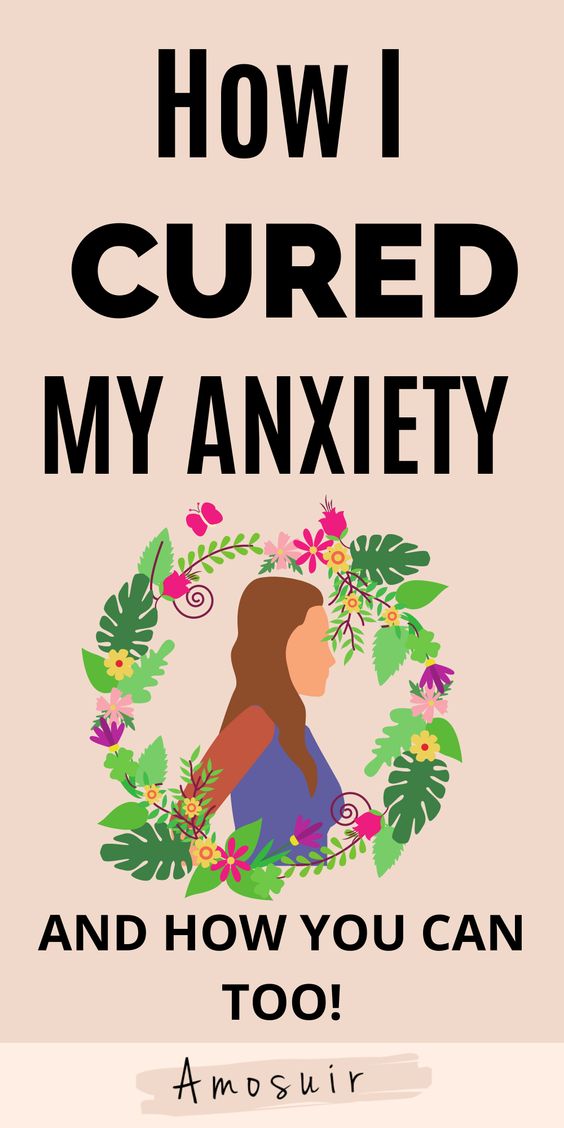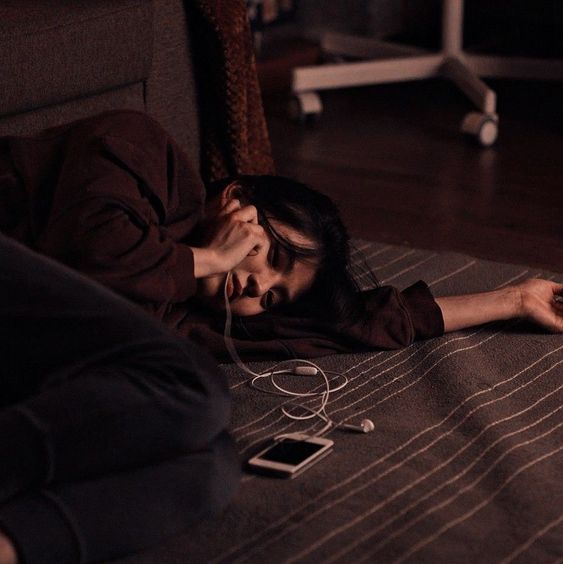The number of people reporting depression or anxiety has increased exponentially since March 2020, when the COVID-19 epidemic began spreading. In different areas of our lives, anxiety has been common. Anxiety can be triggered by a variety of things, including finances, interviews for jobs, social events, or other vulnerabilities. This is a normal feeling that will pass in time. These feelings can last longer than just a brief moment of restlessness for some, particularly during challenging periods like COVID-19, or other times of personal or professional crises. The Centers for Disease Control and Prevention reported that Americans showed more anxiety symptoms during the period April to June 2020 compared to 2019. A survey found that 40.9 percent of respondents had at least one mental health issue, including symptoms associated with a pandemic-associated trauma and stressor disorder (TSRD), or symptoms of an anxiety disorder. A survey found that 13.3% of respondents had started using or increased their substance abuse to deal with COVID-19-related stress and emotions. It is vital to remain calm in this time of great stress and avoid anxiety or panic situations. These lifestyle tips can help people with anxiety enjoy a higher quality of life.
- Get physical: 30 minutes of exercise five days per week will help improve mental health. Exercise can help reduce stress, by improving your mood and maintaining a healthy body. People who suffer from mental illness should begin slowly and gradually increase the amount of exercise.
- Good nutrition is key to mental health. Healthy food has a positive impact on management and prevention of mental health problems including anxiety, depression, schizophrenia, and attention-deficit/hyperactivity disorder (ADHD) among others. Healthy foods rich in vitamins, minerals, essential fats and complex carbohydrates can help improve overall health. Consuming adequate water is essential for maintaining optimal mental and physical health.
- Do not drink alcohol and use recreational drugs. According to the Anxiety and Depression Association of America, around 20% of Americans with anxiety disorders or mood disorders also have alcohol and other substance abuse problems. Individuals who are battling with anxiety, or show signs of mood disorders and anxiety should immediately stop drinking alcohol. If they are unable to overcome the addiction, professional assistance is available.
- Stopping caffeine and nicotine:Some smokers smoke for the calming effects. This is not true, because nicotine increases blood pressure and heartbeat, which are physical symptoms of anxiety. Caffeinated drinks can also aggravate anxiety symptoms.
- Relaxation techniques, including yoga and meditation can ease anxiety. It may be a long time before you develop the routines for these relaxation techniques. However, they are worth it in the end.
- Getting enough sleep: According to the Anxiety Depression Association of American (ADAA), 54% people who suffer from stress or anxiety experience increased anxiety when it comes to falling asleep. Patients with anxiety also complain of insomnia at night. This is called midnight anxiety. To get a good night’s sleep, these patients need to practice healthy sleeping habits. A sleep specialist can help people who have difficulty sleeping.
- Socializing:Some individuals get nervous at the mere mention of socializing. Socializing is a great way to reduce anxiety. Socializing, meeting like-minded individuals and sharing your thoughts can help people overcome social anxiety. Although it can seem difficult at first, with the support of family and friends you can overcome social anxiety.
- Seeking treatment and adhering to it: Sometimes anxiety can become so intense that they begin to affect one’s life quality. Now is the time to get professional help. It is possible to treat anxiety, but it’s important to adhere to the doctor’s instructions and follow their treatment plan.





